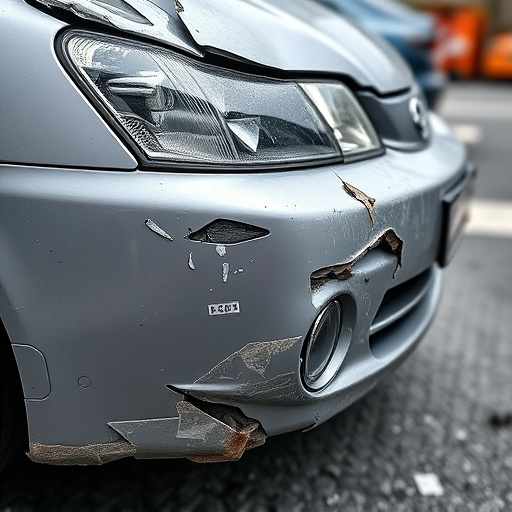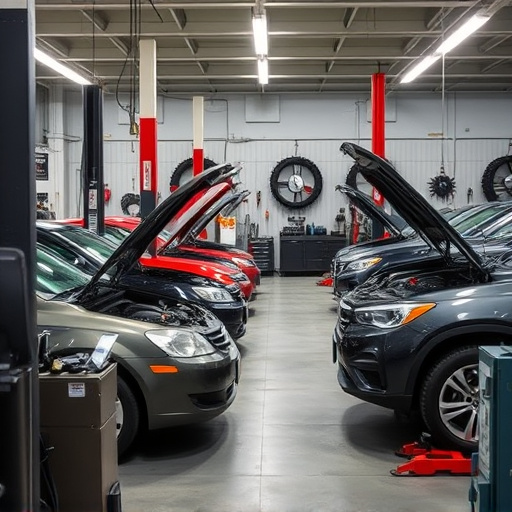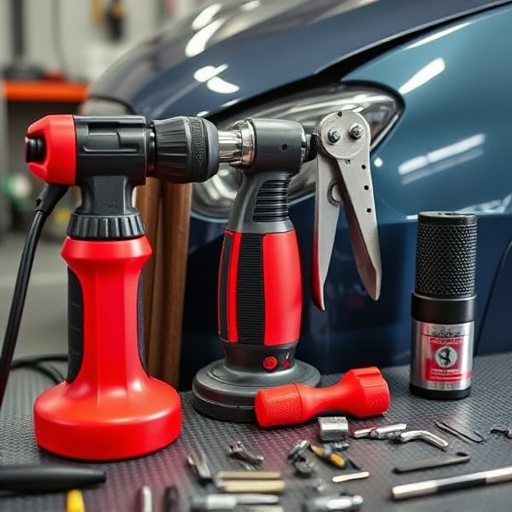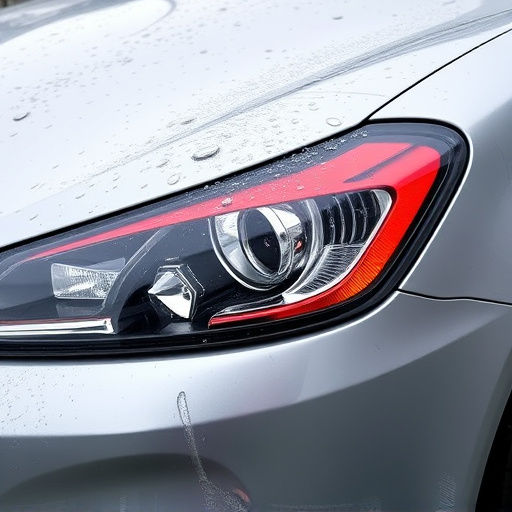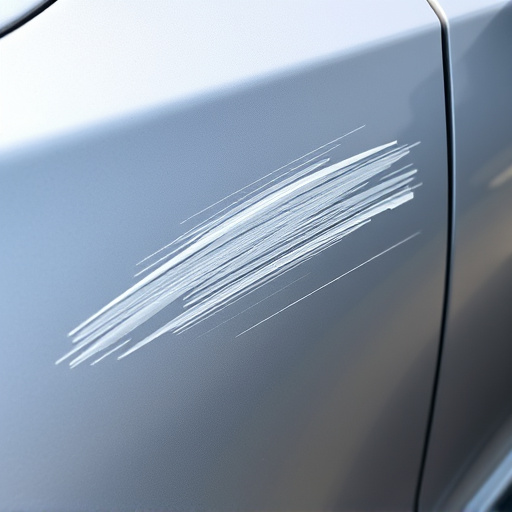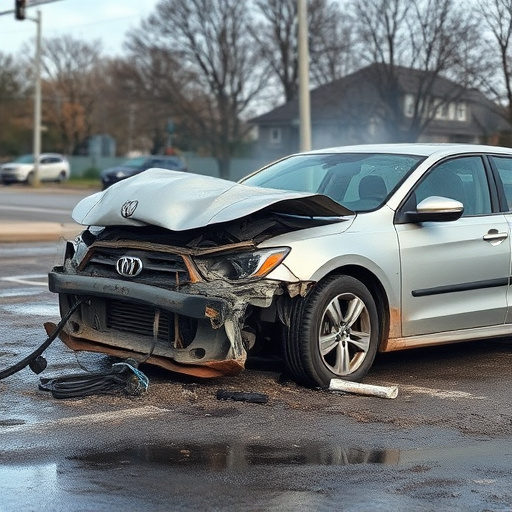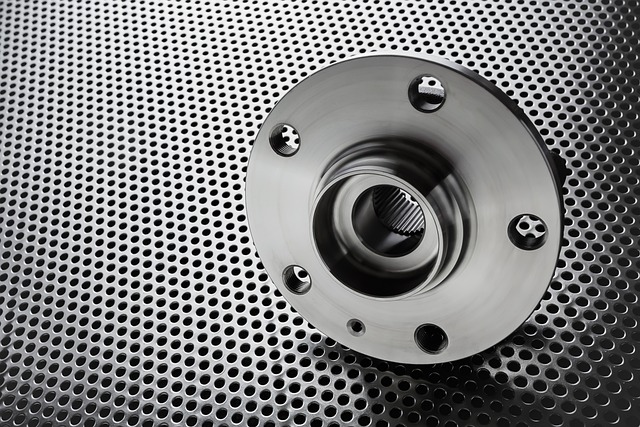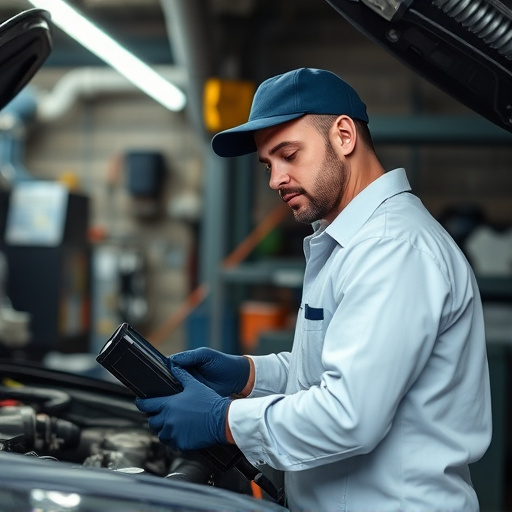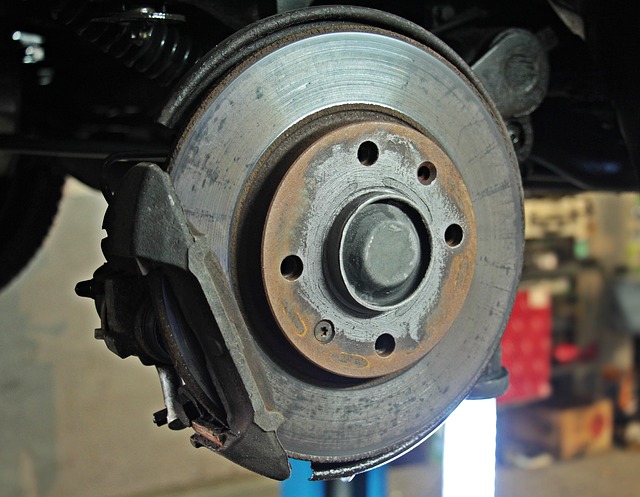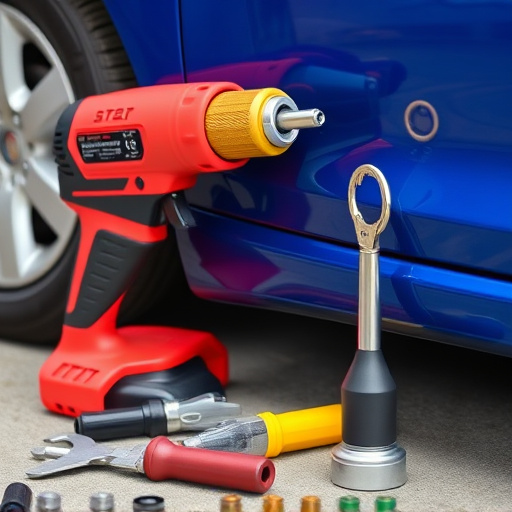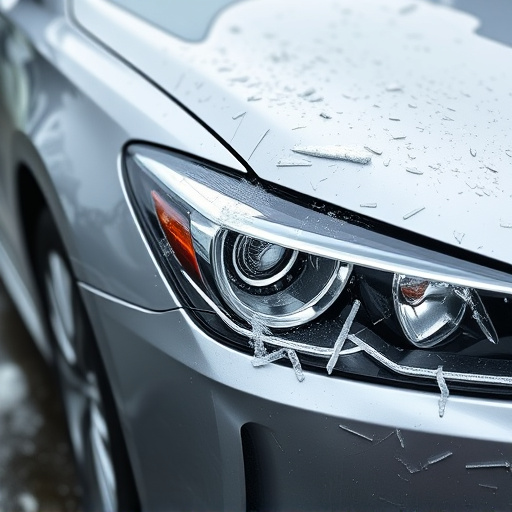Aluminum body components offer a unique blend of benefits, such as lightweight construction (reducing fuel consumption and enhancing vehicle performance), remarkable durability due to its natural protective oxide layer, and versatility in dent repair while maintaining structural integrity. Their high strength-to-weight ratio makes them ideal for safer, more reliable repairs across various vehicle types, transforming car restoration and auto body repair by enabling complex designs without added bulk. Corrosion resistance and exceptional strength make aluminum body components popular among technicians, prioritizing both functionality and aesthetics in tasks like auto glass repair.
Technicians worldwide are increasingly favoring aluminum body components for repairs, driven by a confluence of factors. This preference is rooted in aluminum’s remarkable combination of lightweight durability, superior corrosion resistance, and an unparalleled strength-to-weight ratio. Its malleability not only simplifies repair processes but also fosters design versatility, allowing for intricate geometric shapes and complex designs. Moreover, aluminum’s cost-effectiveness and environmental benefits, including its high recyclability, make it a sustainable choice in the automotive industry.
- Lightweight and Durable: Advantages of Aluminum in Body Repairs
- – Discussion on the weight advantage of aluminum over traditional materials
- – Highlighting its corrosion resistance and strength-to-weight ratio
Lightweight and Durable: Advantages of Aluminum in Body Repairs
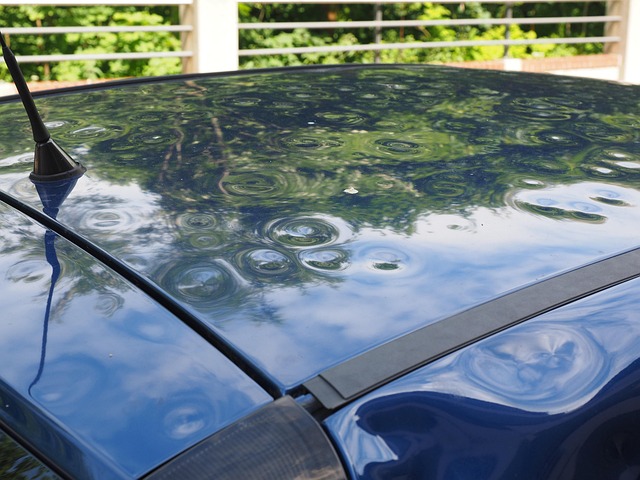
Aluminum body components offer a unique blend of benefits that make them a preferred choice for technicians involved in body shop services and collision repairs. One of the most significant advantages is its lightweight nature. Unlike traditional metal, aluminum is substantially lighter, which translates to easier handling during repair processes. This lightness also results in reduced fuel consumption and better overall vehicle performance once the repairs are complete. Despite its thinness, aluminum exhibits remarkable durability. It resists corrosion effectively due to a natural protective oxide layer, ensuring longevity even under harsh conditions. Moreover, aluminum can be shaped and formed into intricate designs without compromising strength, allowing for precise and detailed body dent repair.
In the realm of car dent repair, aluminum’s versatility comes into play. Technicians can use specialized tools to reshape and smooth out dents, restoring the vehicle’s original appearance. Additionally, aluminum’s high strength-to-weight ratio makes it advantageous in collision repair scenarios, where structural integrity is paramount. This material can withstand significant impact without deforming, ensuring safer and more reliable repairs for all types of vehicles.
– Discussion on the weight advantage of aluminum over traditional materials
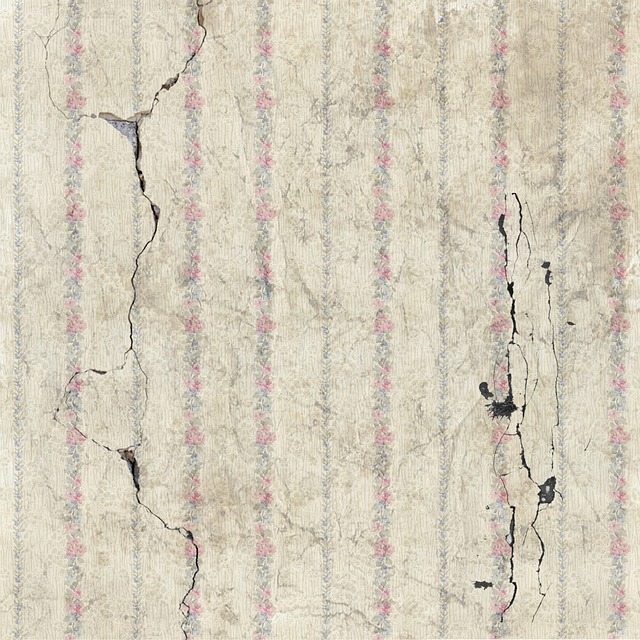
Aluminum body components offer a significant weight advantage over traditional materials, making them a preferred choice for technicians in both car restoration and auto body repair. One of the key benefits is its lower density, which allows for lighter vehicles without compromising structural integrity. This is especially crucial in today’s automotive industry where fuel efficiency is a primary concern. In fender repair or any form of auto body repair, using aluminum components can lead to reduced weight, resulting in better handling and improved overall performance.
Additionally, the lightweight nature of aluminum contributes to enhanced maneuverability during repairs. It simplifies the process for technicians as they work on intricate car restoration projects. This material’s strength-to-weight ratio ensures that even complex designs can be safely realized without adding excessive bulk. Therefore, when it comes to choosing materials for auto body repair or fender repair tasks, aluminum stands out as a game-changer in terms of both functionality and efficiency.
– Highlighting its corrosion resistance and strength-to-weight ratio

Aluminum body components have gained significant popularity among technicians for good reasons. One of its standout features is exceptional corrosion resistance, making it an ideal choice for vehicle bodywork that demands longevity and durability. Even in harsh environmental conditions, aluminum retains its strength and integrity, ensuring the structural soundness of the vehicle for years to come.
Additionally, the remarkable strength-to-weight ratio of aluminum makes it a game-changer in automotive repairs, particularly in luxury vehicles like Mercedes Benz repair. This light yet robust material reduces overall vehicle weight, enhancing fuel efficiency and handling. When compared to traditional materials, such as steel, aluminum offers superior performance in terms of strength while being lighter, making it the preferred choice for technicians aiming to provide top-notch repairs, including auto glass repair, that prioritize both functionality and aesthetics.
Aluminum body components have become a preferred choice for technicians due to their exceptional lightweight properties and superior durability. The metal’s natural corrosion resistance and impressive strength-to-weight ratio make it an ideal material for car repairs, offering both performance and cost-effectiveness. By choosing aluminum, technicians can ensure faster repair times, reduced weight, and enhanced structural integrity, ultimately providing customers with a superior outcome.


